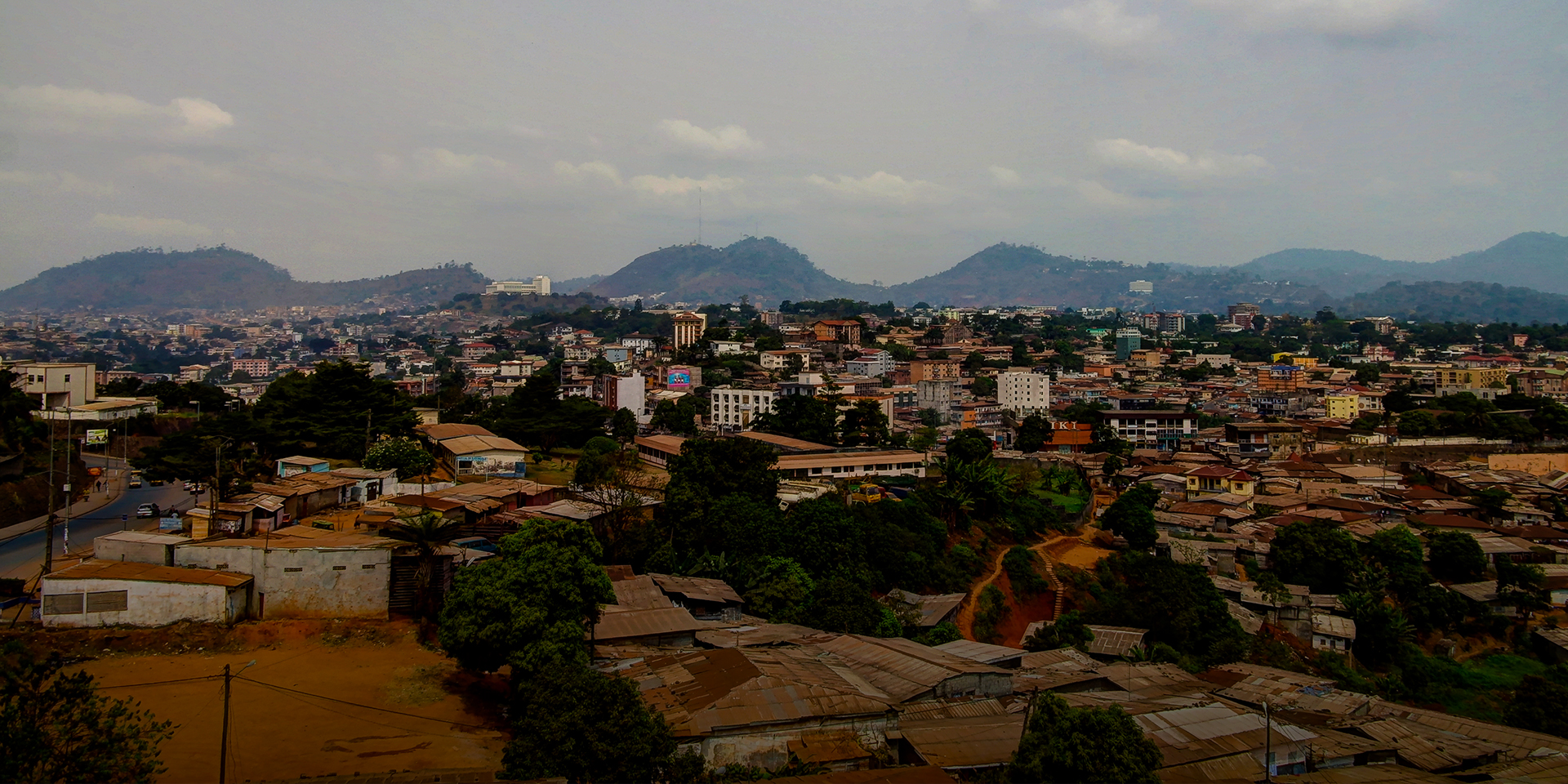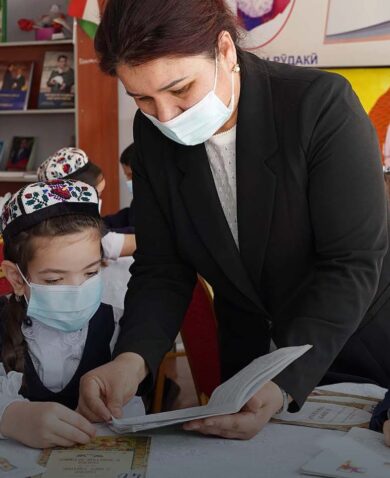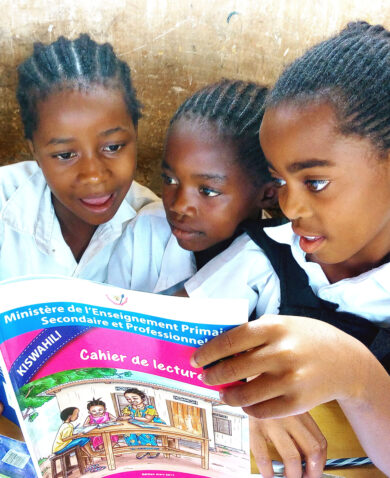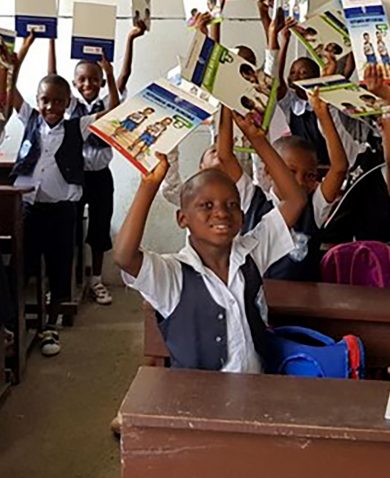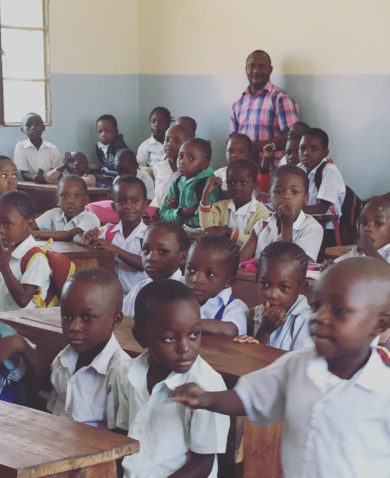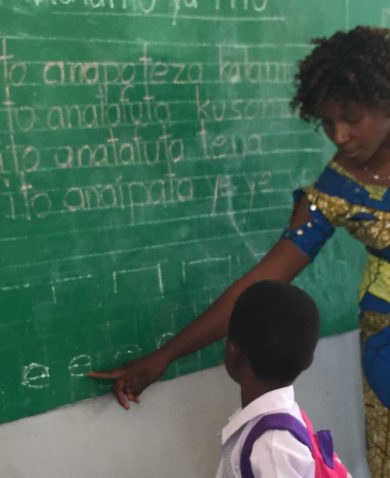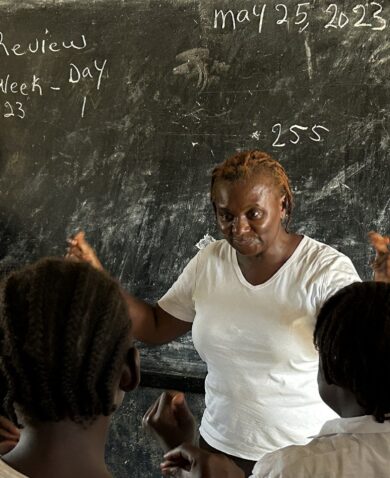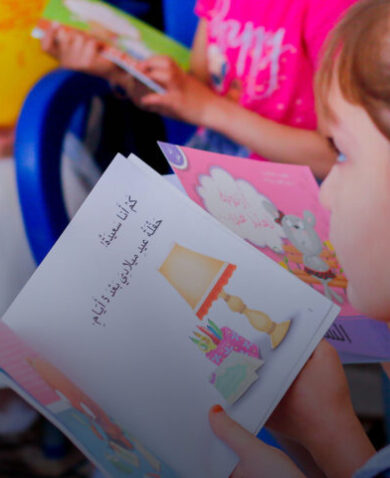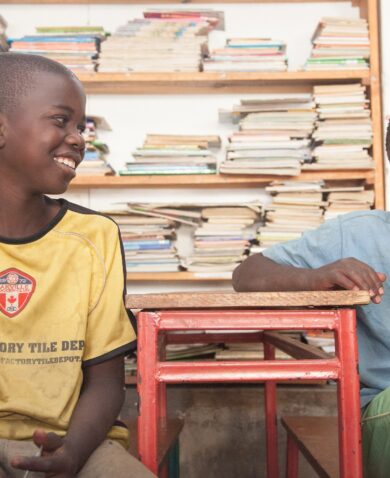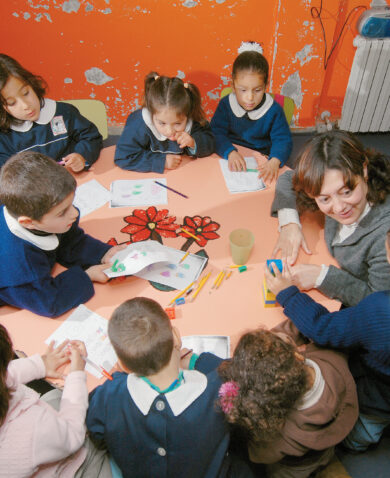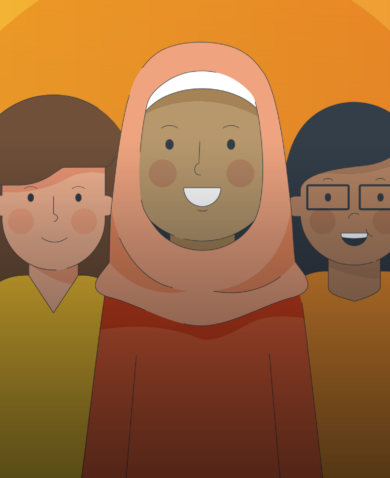During my ten months as a Fulbright Scholar, my four objectives are to:
- Aid my students to develop the knowledge, attitudes, skills, and tools they need to be successful in their future endeavors as professionals and/or academics
- Help improve the quality and impact of my colleagues’ work through peer review, outreach events, and identification of other collaboration and support opportunities
- Raise the profile of research and teaching in Cameroon and strengthen Cameroonian contributions to and benefits from international communities of practice in these fields
- Apply what I learn from my students, colleagues, and project generally to inform the work I will continue after my Fulbright
I am particularly excited about introducing very hands-on and practical coursework, which is not common in these institutions. This will mean using case studies and project-based learning, linking students with practitioners and policymakers in governmental, donor, and NGO entities working in Cameroon. We will also organize colloquia to share learning and debate hot topics. I am thrilled to have the chance to co-teach and collaborate with professors like Dr. Nadine Machikou Ngameni, known for her cutting-edge work on governance, security, and gender. My ultimate aim is to help my students and colleagues more effectively lead Cameroon’s sustainable development by combining their own expertise with application of evidence, tools, and networks from around the world.
2. Why did you select Cameroon as your focus country?
One reason was purely practical: I am currently based in Cameroon for family reasons, providing a terrific opportunity to do a Fulbright while here. Additionally, Cameroon is a fascinating country — often called “Africa in miniature” due to its great socio-linguistic and geo-ecological diversity. It is currently facing many serious challenges, including conflict in the anglophone regions of the Northwest and Southwest, violent extremism in the Far North, and everyday struggles in critical sectors like public health and education.
At the same time, Cameroon has a vibrant intellectual and innovator community. Academics, journalists, and entrepreneurs are doing path-breaking work in difficult circumstances, and I have met many who are striving to do more to generate new knowledge and inform public dialogue to improve the well-being of their fellow citizens. I wanted to be a part of this and help amplify their efforts.
3. How do you envision your efforts will contribute to building local capacity and stronger networks within Cameroon’s development community and beyond?
There already is a great deal of capacity in Cameroon in the academic and development/public policy communities, with well-known thought leaders in the fields of political science, education, communication, law, and technology. There are also many Cameroonians serving in important positions outside their country in the United States, Europe, and across Africa.
In my discussions with professor friends and young graduates here in Cameroon, they describe how they need better access to the breadth and depth of related research happening elsewhere, more practical tools for teaching and conducting this work, and the kinds of networks and material support that come from greater exchange with academics and practitioners working internationally. At the same time, friends and colleagues in the international development and public policy communities often are looking for the latest evidence and excellent people to work with to design, implement, and evaluate new initiatives, and they do not always know where to find this locally.
There are a growing number of initiatives to help strengthen these connections to everyone’s benefit, such as the Partnership for African Social and Governance Research. My goal is to learn more about these efforts and contribute to them through practical teaching and advisement, helping to prepare young academics, policymakers, and program managers in Cameroon to lead their own applied research and successful initiatives. For instance, graduates from the School of Education who go into public service at the ministry, work for nonprofit organizations, or become social entrepreneurs will find that they need to determine how best to increase education quality and equity. They will want to reflect on the kind of education they desire for the children of Cameroon. Then they will need to access and understand the latest international evidence base on what approaches may be the most cost effective in contexts like theirs. They may also determine that they need to lead or commission research to better understand local priorities and increase the evidence on what works well in particular Cameroonian contexts. And, they will need to understand how to break down complex issues into manageable actions that can be tried, tested, and adjusted as needed and to navigate the politics involved to garner the support from multiple actors to do so.
The work of development and public policy is not easy! But I think it would be a lot easier if it were truly led by people who know the most about their own contexts and have the most to benefit from their work. At the end of the day, only Cameroonians can determine the future of Cameroon, and I am convinced that education and networks are the key.
Posts on the blog represent the views of the authors and do not necessarily represent the views of Chemonics.

